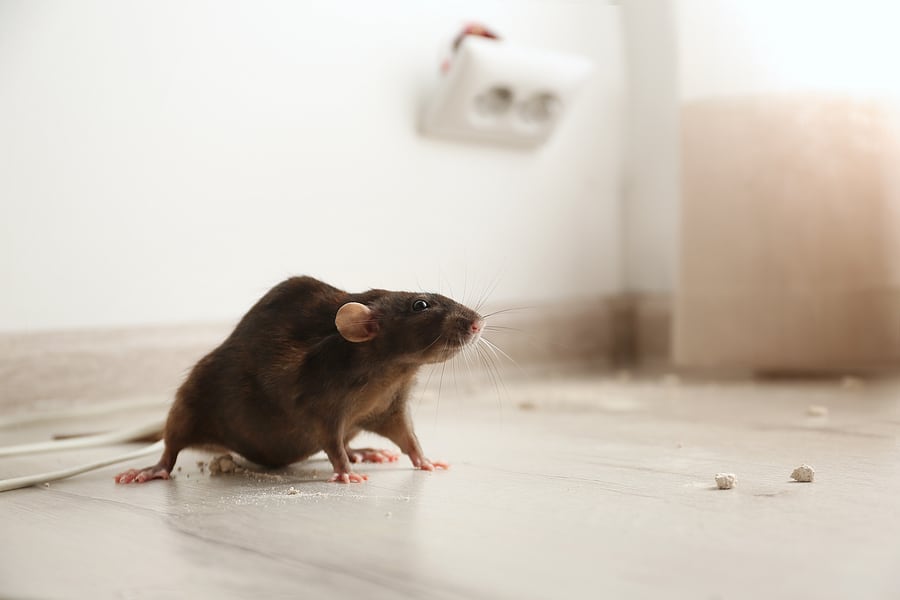Understanding Rodent Infestations
Rodent infestations are a common concern worldwide, posing health risks and causing property damage. Rodents such as rats and mice can carry diseases, contaminate food, and gnaw on electrical wiring or structures. Effective rodent control is essential to safeguard your living or working environment.
Rodents reproduce quickly and can adapt to various environments, making prevention and management a continuous challenge. Early detection and strategic intervention help limit their impact.
Common Signs of Rodent Presence
Identifying rodent activity early can prevent severe infestations. Look out for:
-
Droppings: Small, dark pellets near food sources or along walls.
-
Gnaw marks: Chewed furniture, wires, or packaging materials.
-
Nesting materials: Shredded paper, fabric, or insulation.
-
Noises: Scratching or scurrying sounds inside walls or ceilings, especially at night.
-
Footprints or tail marks: Dusty surfaces might show tracks.
-
Unusual odors: Musty smells from urine or nesting sites.
Noticing these indicators should prompt immediate rodent control measures.
Why Rodent Control is Important
Rodents pose several serious risks:
-
Health hazards: Transmission of diseases such as leptospirosis, hantavirus, and salmonella.
-
Food contamination: Rodents can spoil stored food and pantry items.
-
Structural damage: Chewing on wood, insulation, and electrical wiring may lead to fire hazards.
-
Economic impact: Repairs and medical costs can add up significantly.
Implementing effective rodent control protects health, property, and finances.
Strategies for Rodent Control
Rodent control requires a combination of techniques tailored to the environment and infestation level. Common methods include:
Prevention and Exclusion
-
Seal entry points such as cracks, holes, vents, and gaps around doors or windows.
-
Maintain cleanliness by removing food debris and securing garbage bins.
-
Store food in rodent-proof containers.
Trapping
Using snap traps, live traps, or glue boards can help reduce rodent populations when placed strategically along rodent pathways.
Rodenticides
Chemical bait and poison are used cautiously to avoid harm to non-target animals and humans. Professional advice is recommended when using these substances.
Ultrasonic Devices
Electronic repellents emit high-frequency sounds intended to deter rodents, though effectiveness varies.
Environmental Management
Reducing clutter, trimming vegetation close to buildings, and removing debris eliminates rodent shelter and nesting sites.
Importance of Professional Rodent Control Services
While DIY solutions may work for minor cases, professional rodent control ensures:
-
Comprehensive inspections to identify infestation sources.
-
Customized treatment plans using safe, effective methods.
-
Monitoring and follow-up to prevent re-infestation.
-
Guidance on long-term preventive measures.
Professionals also comply with health and safety regulations, minimizing risks.
Preventing Future Rodent Problems
Consistent maintenance is key to lasting rodent control:
-
Regularly inspect your property for new entry points.
-
Keep food storage areas clean and sealed.
-
Dispose of garbage properly and frequently.
-
Maintain landscaping to reduce rodent habitats near buildings.
-
Educate family or staff about practices to avoid attracting rodents.
FAQs
What is the best way to prevent rodents?
Sealing entry points, maintaining cleanliness, and removing attractants are the best prevention practices.
How long does rodent control treatment take?
Treatment duration depends on infestation severity but typically ranges from a few days to several weeks.
Are rodent poisons safe for pets?
Rodenticides can be harmful to pets and children; always follow safety instructions or consult professionals.
Can I handle rodent control myself?
Small infestations may be managed with traps and sanitation, but professional help is recommended for larger problems.
How do I know if rodents are gone after treatment?
Lack of droppings, gnaw marks, and noises over several days typically indicate successful control.
Conclusion
Effective rodent control is vital for maintaining a healthy, safe, and comfortable environment. Understanding signs of infestation, implementing preventive measures, and employing appropriate control methods help eliminate rodent problems efficiently.
Combining professional services with ongoing vigilance ensures long-term protection against rodents and their associated risks. Prompt action remains the key to preventing severe damage and health hazards caused by these persistent pests.
